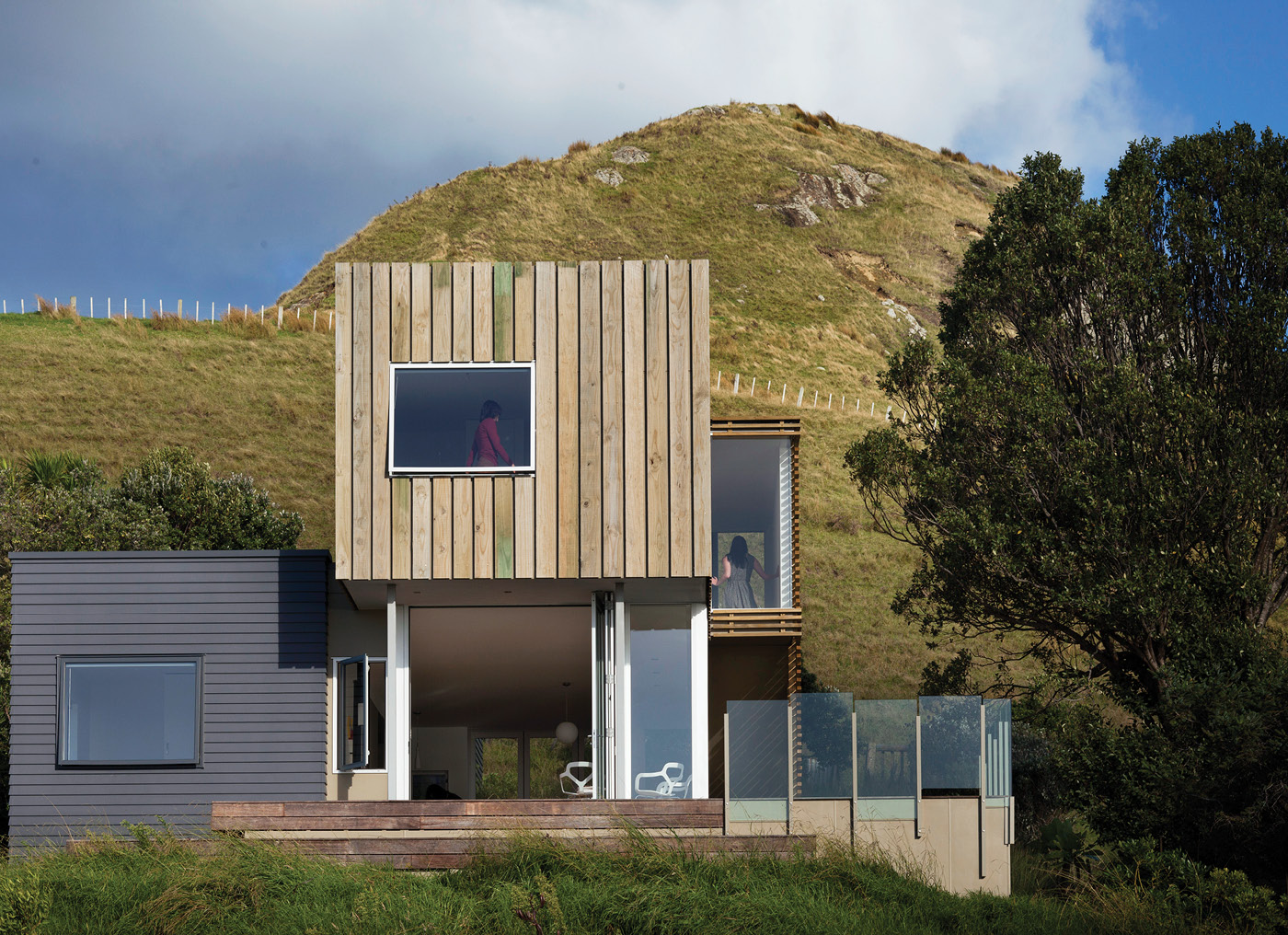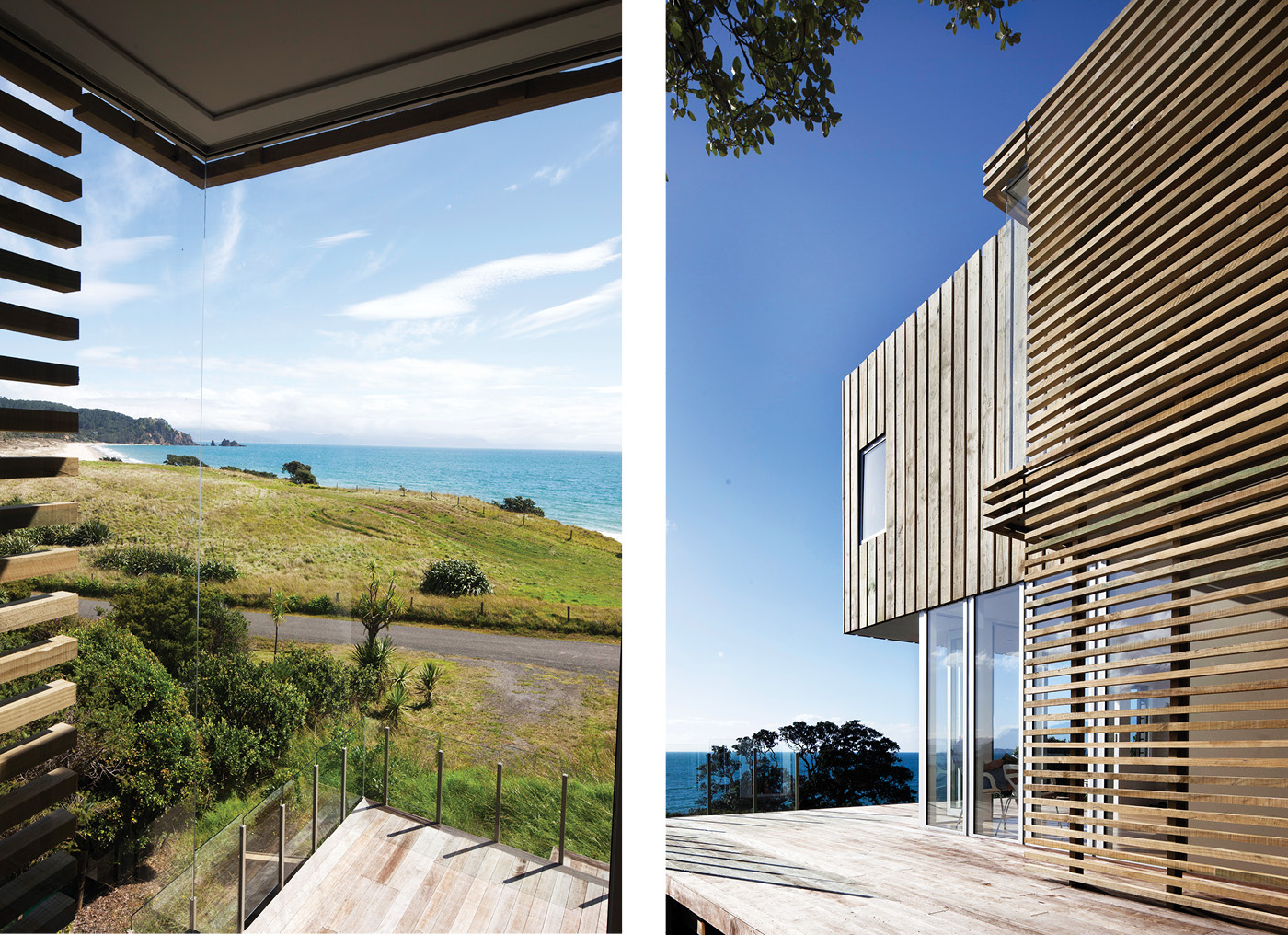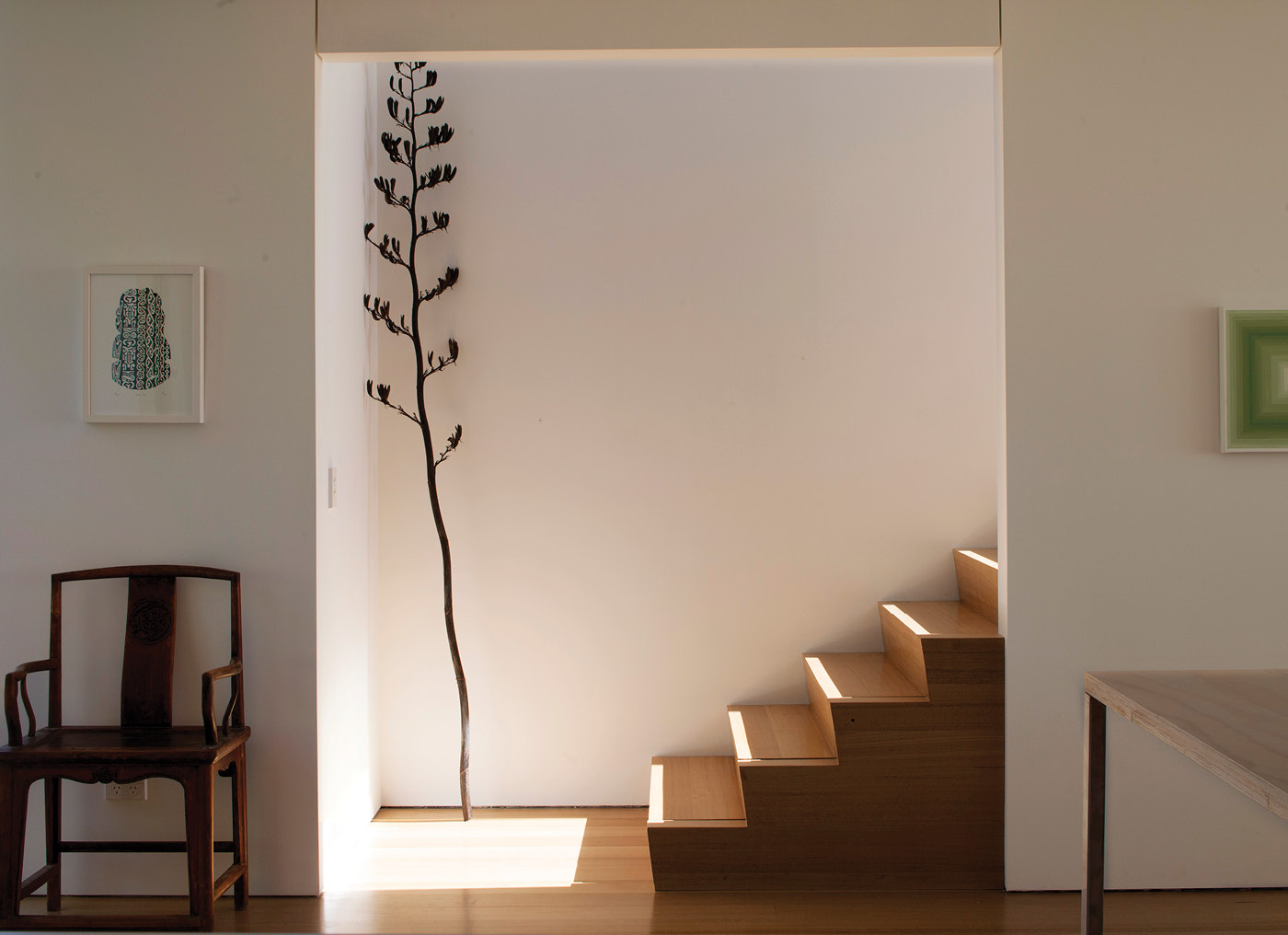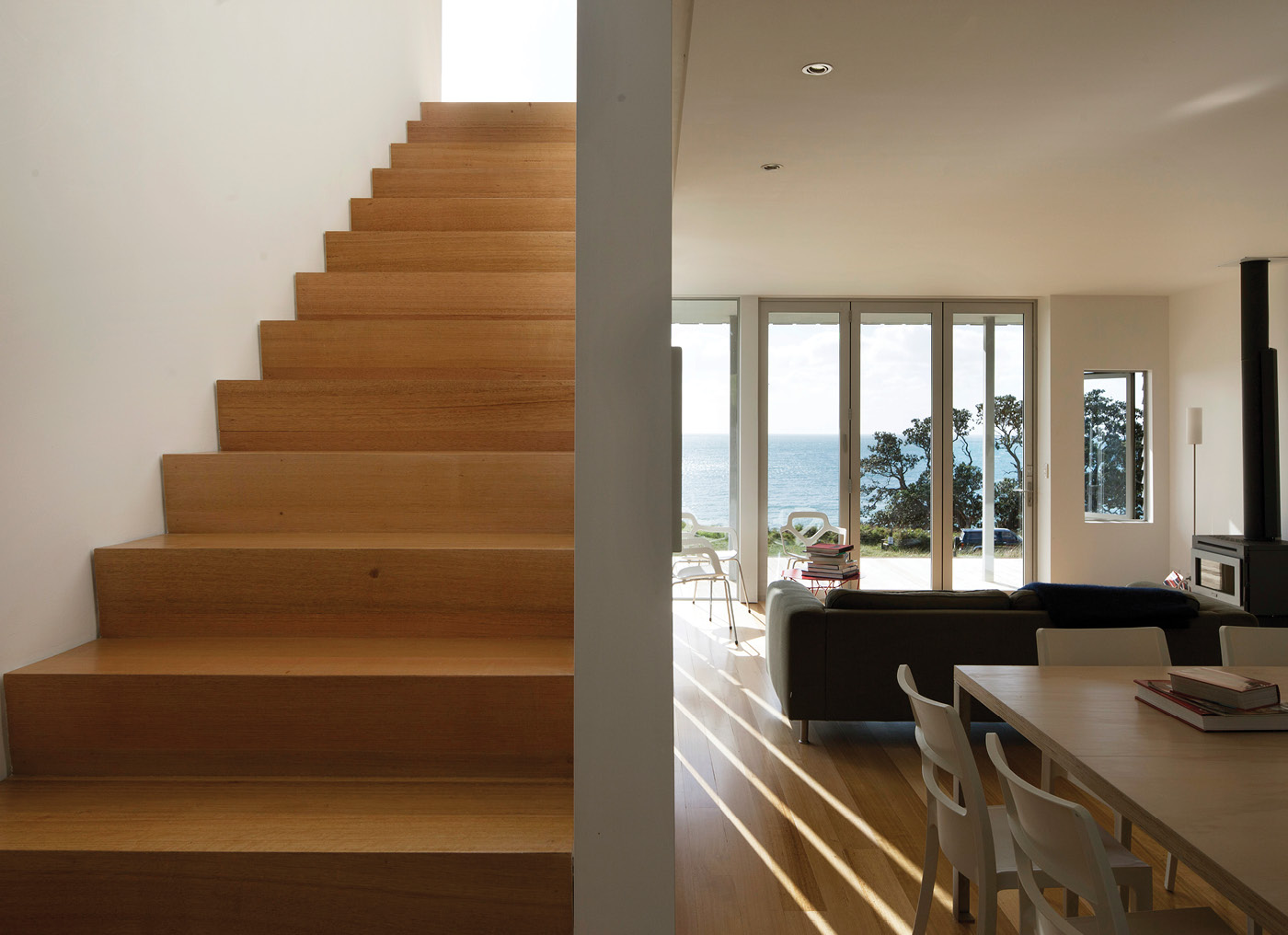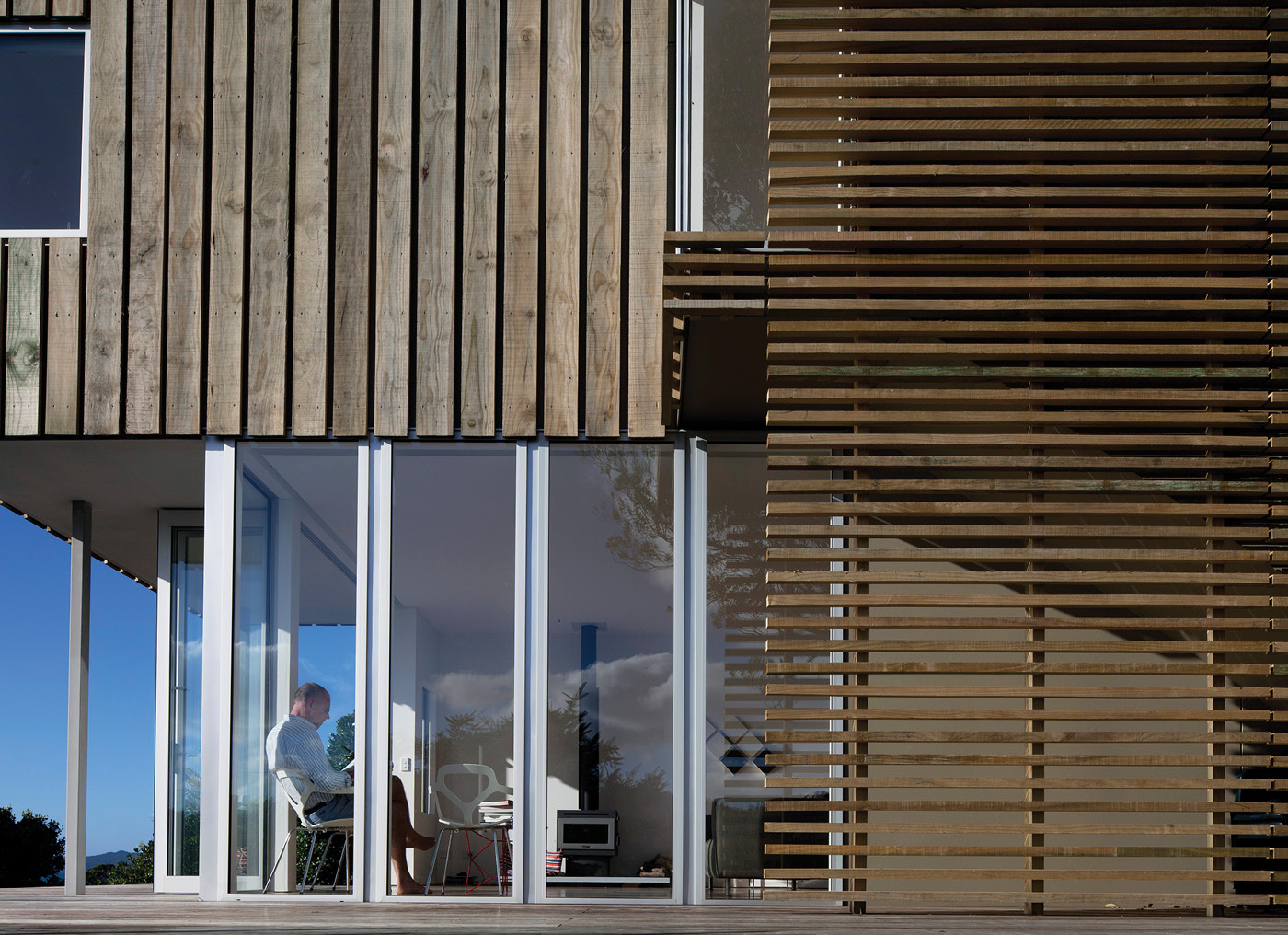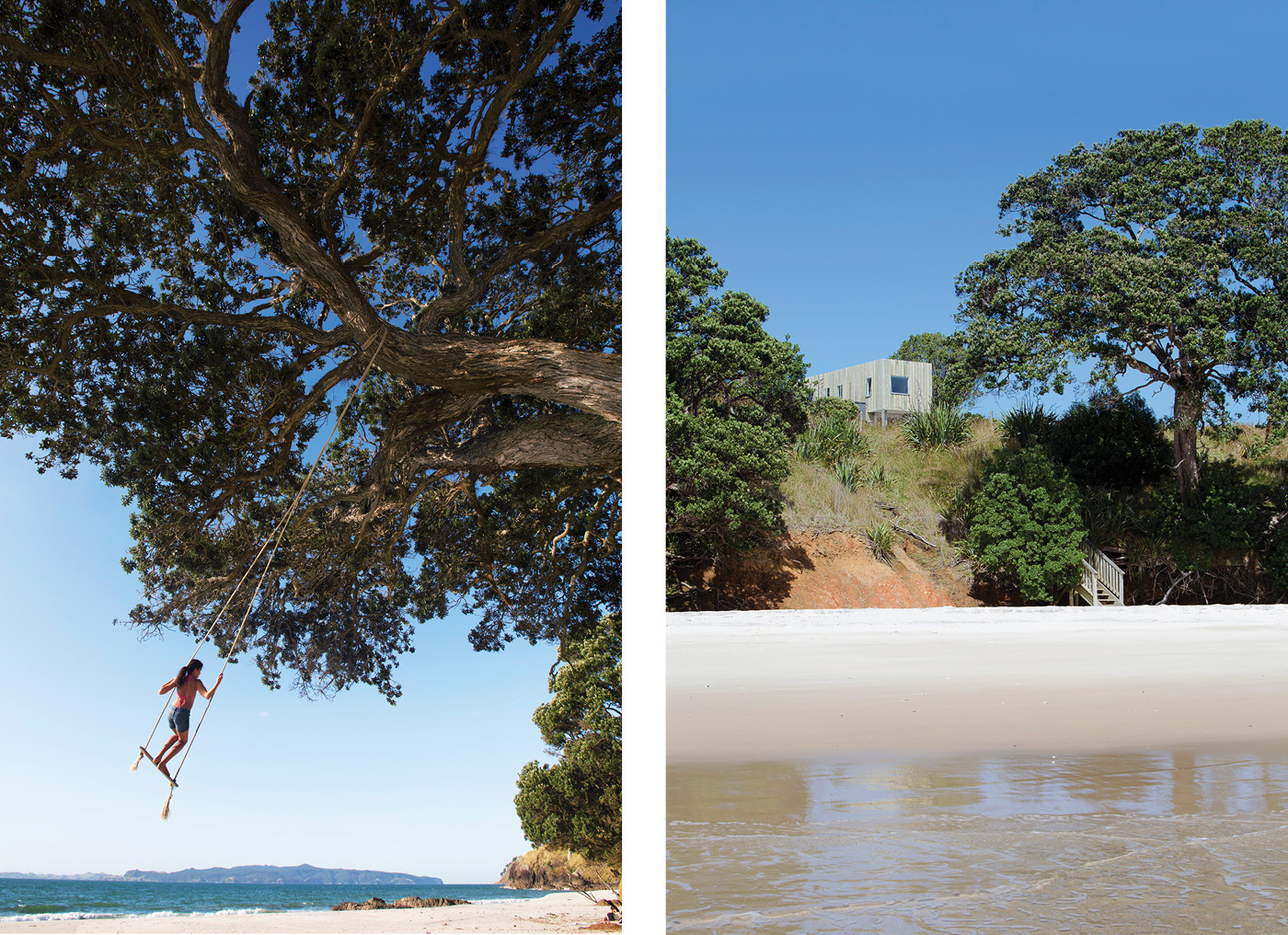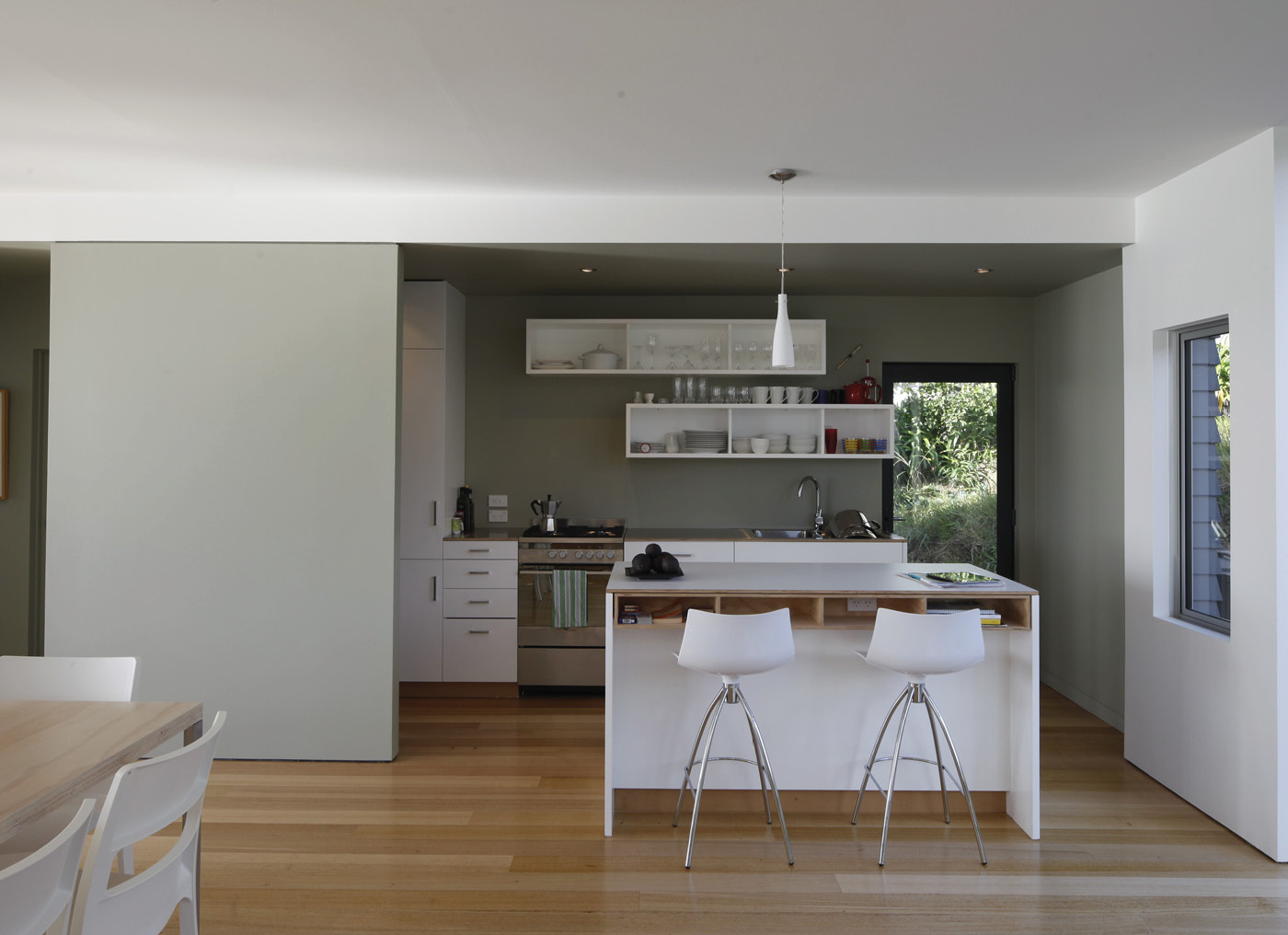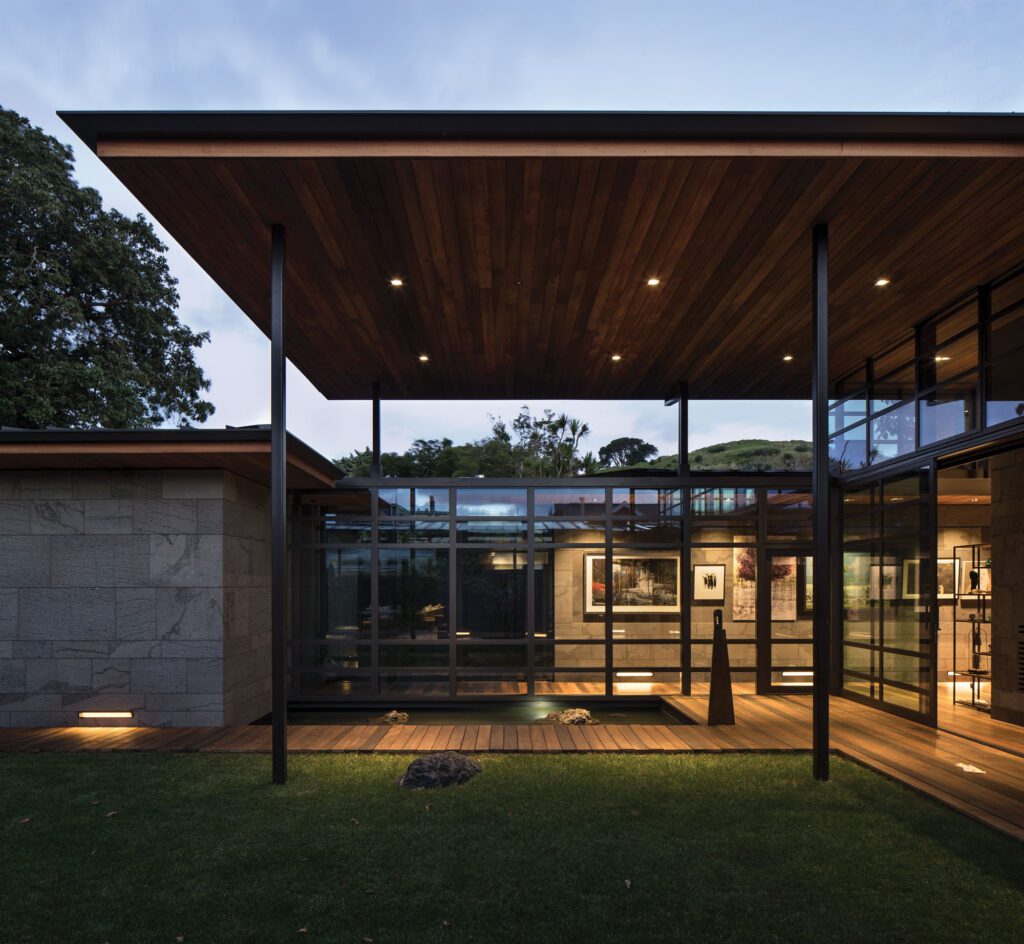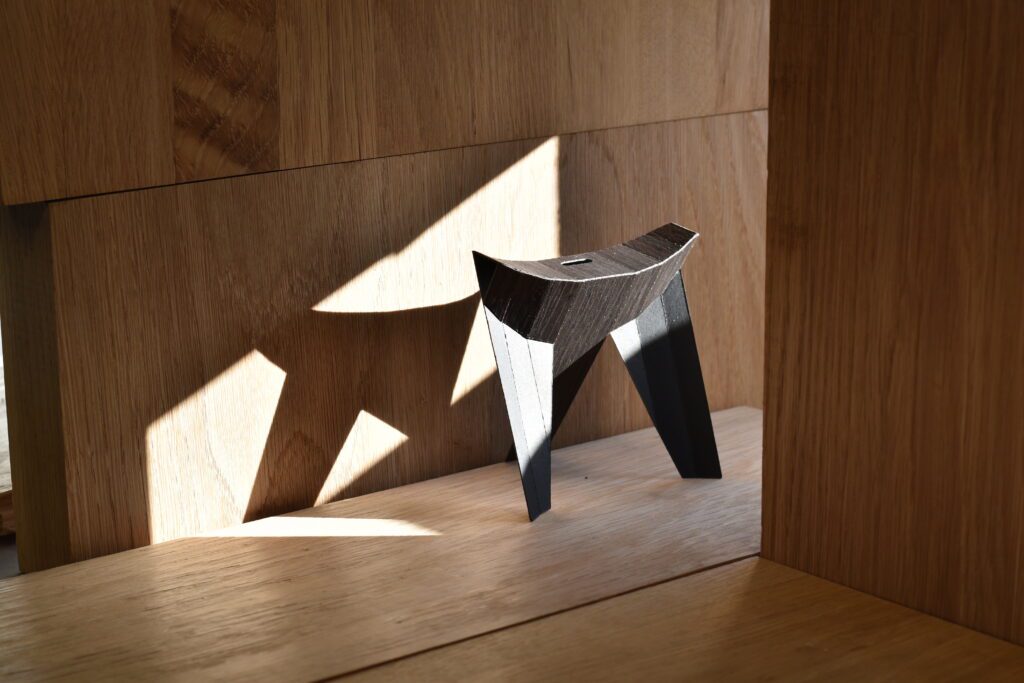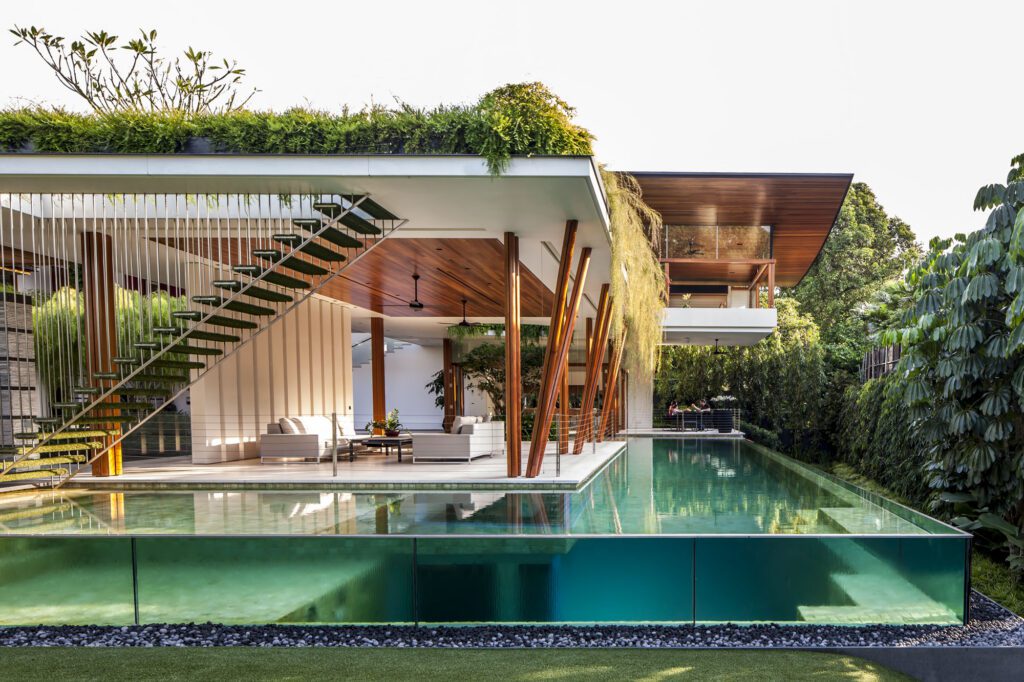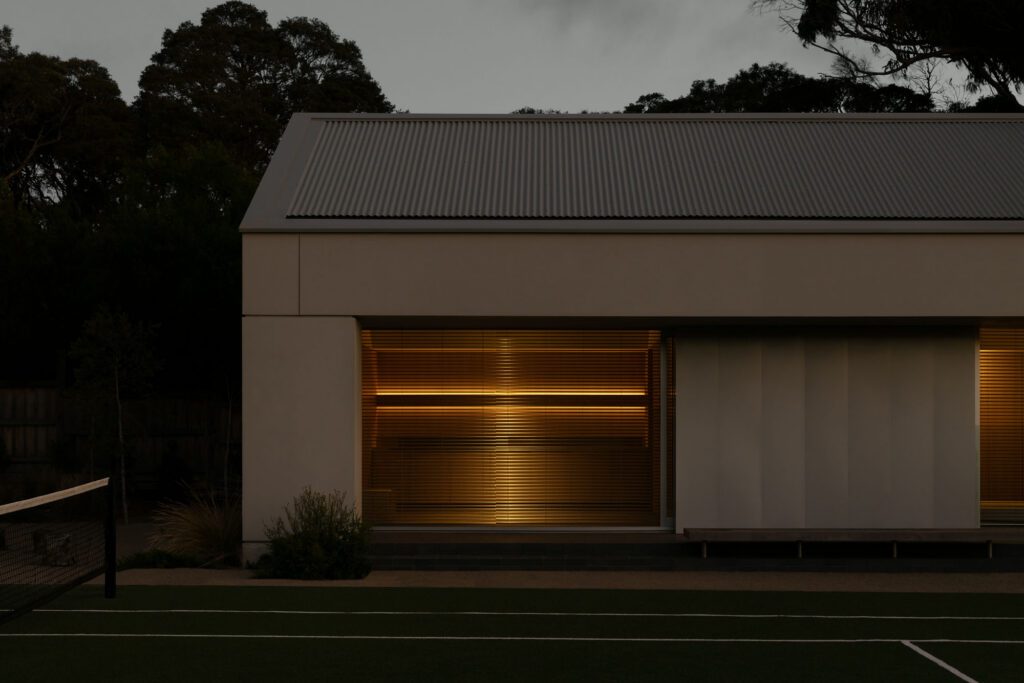Spend a beach holiday at this dream Coromandel bach
Most people design holiday houses as places to get away from it all, but David Berridge designed his as somewhere to come back to. He grew up in Auckland but has spent most of his adult life in New York. The holiday home he’s designed at Otama on the Coromandel Peninsula is his means of retaining a strong connection to the country of his birth.
Berridge came to architecture in an unusually roundabout way. He left high school at 15 and spent years touring the globe as a yachtie, eventually captaining racing boats for the American businessman Bill Koch, who was later to mount a successful bid, in 1992, for the America’s Cup. Koch was so pleased with Berridge’s work that, as a thank-you gesture, he set up a trust to put him through university. All the former skipper had to do was pick a course. Architecture, he says, seemed the logical choice: “I was always fascinated by buildings, and my first job was as a draughtsman.” Berridge enrolled at New York’s Parsons design school, graduated in 1986 and has worked as an architect ever since, establishing his New York-based practice in 2000.
Around that time, he was travelling around New Zealand with his wife, Cathleen McGuigan, and their daughter, and came across an 800-square-metre site for sale at Otama, which they bought. A decade passed and many iterations of a beach house were discarded before construction began. “Cathleen said, ‘How many times are you going to design this house?’” But for Berridge it was a big deal. His work in the United States consists almost entirely of renovations and this is the first free-standing home he has designed.
In his wife, editor-in-chief of Architectural Record magazine, he had the epitome of a well-informed client, a journalist who is on a first-name basis with many of the world’s best architects (and who reports that her husband “was not remotely intimidated” by these professional relationships). Because Berridge trained in America, he had to reacquaint himself with the design vernacular of his native country. “I found I didn’t have a mental tool kit to design a New Zealand house, so I had to dig deep into my own background,” he says.
As Berridge worked through the various versions of the 130-square-metre building, he remembered his mother saying the best bach kitchens had a view of the sea and were located on the cool side of the house.
He incorporated these insights into a house designed in a style he describes as “abstracted vernacular for the 21st century – I didn’t want to impose a strong house on the environment”. He hopes it will act as a springboard for more work in New Zealand.
The house is simple and direct, a thoughtful blend of modern-day comfort that retains a pared-back sensibility appropriate for a holiday home. It is clad in timber weatherboards and a pine rainscreen that, Berridge says, will “crack and weather and grey” over time.
The ground floor is built on a plinth with a long living area with views of the sea and the hill at the back. The rear deck offers morning sun and shelter, while the front deck, partly sheltered by the overhang of the upper storey, has a grand beach vista and afternoon sun.
All the time Berridge spent on yachts is evident in the way the temperature can be controlled – warm air can escape out the windows at the top of the stairwell, while heat in the living area is controlled by opening doors or windows at either end. The solidity of the western elevation prevents over-heating in the late afternoon, but the mullions of the tall windows on the northwesterly face still allow beautiful shadows to trace through the living area at sundown. Behind the house, there’s a free-standing bunkroom with a desk sited to look out to sea – a lot of it, between the islands where Berridge was raised and the continent where he has made his life.
Back in New York, the house exists as images on Berridge and McGuigan’s computers, but if they are sitting on the port side of the plane when they fly to New Zealand, Otama is the first beach they see.
Available for holiday rentals
Words by: Jeremy Hansen. Photography by: Patrick Reynolds.
